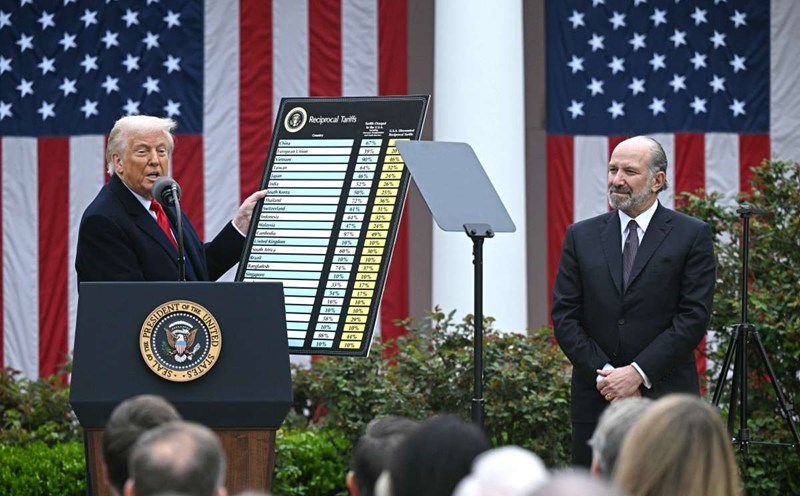Russian Ambassador Anatoly Antonov also warned that arms control is falling into crisis and said that "some politicians and generals in Washington have begun to think about winning a nuclear conflict".
Mr Anatoly Antonov spoke on the day President Vladimir Putin suspended the Intermediate-Range Nuclear Forces (INF) Treaty in 1987, which was set to expire in August unless efforts were made to save it.
"The situation of strategic stability and arms control is very bad. We are in crisis," The Guardian quoted Antonov as saying at a rare public appearance in Washington on March 4, since taking the ambassador job in August 2017.
"Today, I am afraid that some politicians and generals in Washington, and perhaps in other countries, are starting to think about the possibility of winning a nuclear war. I would like to take this opportunity to send a message that it is impossible to win a nuclear war," Antonov said.
President Donald Trump announced the withdrawal of the US from the INF last October, citing the Russian missile as a violation of the treaty signed by the US and the Soviet Union in 1987.
Speaking at the stimson Center, Ambassador Antonov raised a map he said had been prepared by the Russian military, showing that much of Russia and Europe would be within each other's missile range if the collapse of the INF led to the deployment of new missiles on the continent.
"This is a very difficult problem. We can go back to before 1987 before we signed the treaty. We will be forced to deploy our missiles and here you see the entire territory of European countries covered," said Antonov.
"Who is the loser? These are European countries and Russia. This is a new challenge to our security that we will soon face."
Ambassador Antonov mentioned the meeting in Vienna on April 4 between the Chairman of the Joint Chiefs of Staff, General Joseph Dunford, and his Russian counterpart, General Valery Gerasimov, as an example of the ongoing military dialogue between the two nuclear powers.
Antonov argues that if Russia and the US - two countries that own more than 90% of the world's nuclear warheads - allow treaties on arms control to collapse, it would increase the risk of global nuclear proliferation.
The ambassador said there is a possibility of a revolt by non-nuclear weapons-owned countries at next year's conference on the nuclear non-nuclear Transition (NPT), which has been in effect since 1970.
According to the NPT, countries without nuclear weapons pledged not to disseminate nuclear power if the five countries at that time, the US, Russia, UK, France and China, took important steps to de-escalate the armament.
"I do not want to participate in this conference because it will be a disaster," Antonov stressed.









